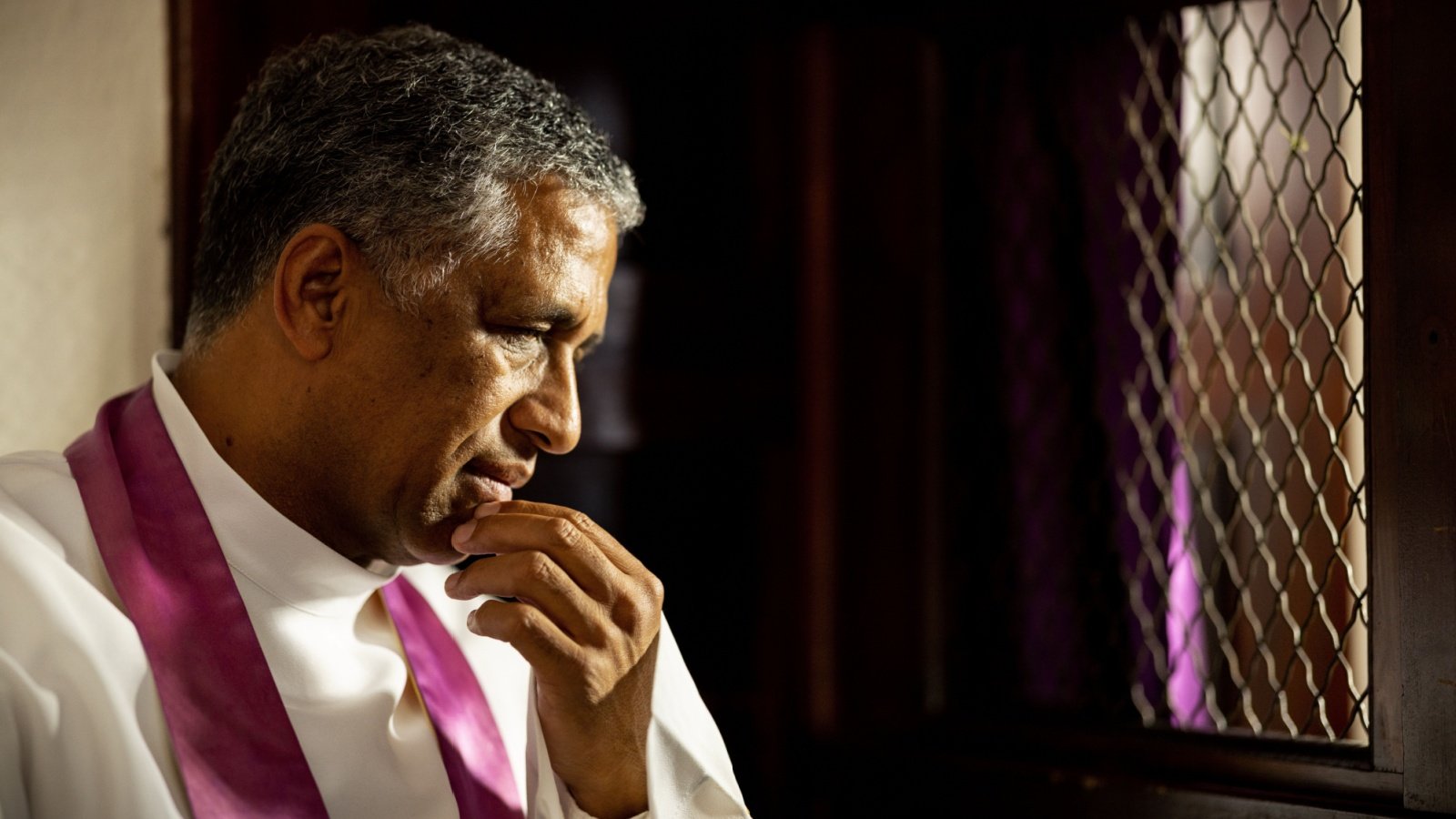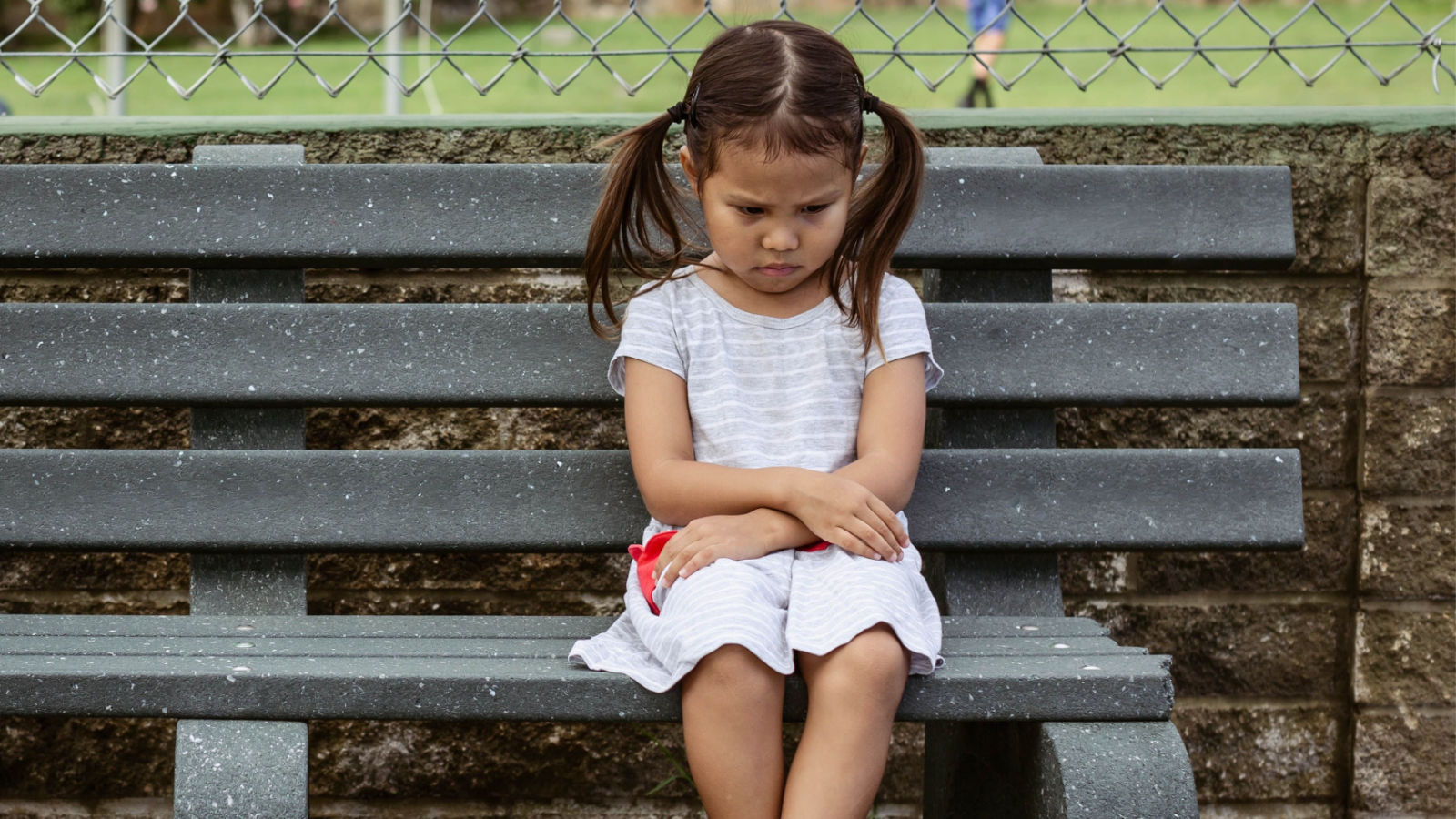When forced on children, religion can have negative effects. It may limit their personal growth and understanding of the diverse world around them. It’s important to consider these potential consequences. So, why should parents reconsider mandating religious conformity and instead let their children to explore faith naturally?
Individual Beliefs

Forcing religion on a child can hinder their ability to develop personal beliefs based on their own experiences. Children need the freedom to question and explore different viewpoints to form a well-rounded perspective. Imposing one rigid belief system may prevent them from fully understanding their own spiritual identity.
Resentment

When religion is forced upon children, it often leads to resentment and rebellion against those very beliefs. This can cause a rift between the child and their cultural or family traditions. Over time, this enforced path may lead to a complete rejection of religious practices.
Critical Thinking

Mandatory religious adherence can stifle critical thinking by discouraging questions and promoting acceptance without evidence. Critical thinking skills are crucial for navigating many aspects of life, including moral and ethical decisions. Children should be encouraged to think critically and independently.
Isolation

Children forced into a particular religion may feel isolated from peers who do not share the same beliefs. This can be particularly acute in diverse environments where inclusivity and acceptance of different cultures and religions are taught, which can impact their social development.
Punishment

Teaching religion through fear of divine punishment can instill a sense of fear rather than love and respect for the religion. Children raised with the idea that noncompliance leads to punishment may develop an unhealthy view of authority and obedience. This fear can extend beyond religion into other areas of their lives.
Worldview

Exposure to only one religious perspective can limit a child’s understanding of the world’s rich cultural mosaic. Understanding multiple religious beliefs and customs can foster greater empathy and appreciation for diversity. Encouraging exploration of various worldviews can prepare children for global citizenship.
Authority

If children are not allowed to explore faith independently, they may become overly dependent on religious authorities instead of developing their own moral compass. This dependence can hinder their ability to make decisions autonomously in adulthood. Personal growth flourishes with the freedom to question and challenge.
Science

Religious doctrines that contradict scientific teachings can confuse children about fundamental aspects of the world. For instance, debates over evolution versus creationism can undermine scientific literacy. A balanced approach allows children to respect both science and spirituality without conflict.
Guilt

Children often feel guilty for having doubts or failing to meet religious expectations imposed by parents. This guilt can affect their emotional and mental health, leading to anxiety and depression. It’s important for children to feel accepted and loved unconditionally, not based on religious conformity.
Conformity

Constant pressure to adhere to specific religious norms can stifle a child’s personality and inhibit their natural interests and talents. Every child is unique, and their individuality should be celebrated and nurtured, not suppressed. Freedom from such pressure allows children to develop a strong sense of self.
Misinterpretation

Literal interpretations of religious texts without context can lead to misunderstanding and intolerance. Educating children about the historical, cultural, and metaphorical interpretations of religious texts can promote a deeper, more inclusive understanding. This encourages respectful dialogue rather than dogmatic rigidity.
Judgment

Children taught to judge others based on religious standards might struggle with social integration and empathy. This judgment can lead to bullying or being bullied, which is detrimental to social development. Teaching children about acceptance and kindness without religious bias fosters healthier social interactions.
Stress

Religious obligations can be overwhelming, especially if they conflict with a child’s interests or if they feel forced to participate in extensive religious activities. This can lead to stress and a feeling of living to meet others’ expectations rather than their own. Balancing religious practices with personal time can help children grow without feeling overwhelmed.
Consuming

A strict religious upbringing can prevent children from exploring other areas of life, such as different art forms, literature, and philosophies. Exposure to a wide range of cultural experiences enriches a child’s intellect and emotional depth. Allowing children to explore freely can lead to a more well-rounded and informed individual.
Intolerance

Children raised strictly within a single religious doctrine may have difficulty accepting people with different beliefs or lifestyles. This intolerance can lead to social and professional challenges in increasingly global and diverse societies. Teaching children about universal values like respect and kindness promotes inclusiveness.
Pressure

Religious perfectionism can create unrealistic expectations for children, who might feel they are never good enough for divine or parental approval. This can lead to a perpetual cycle of self-doubt and low self-esteem. Children thrive when praised for effort, not just results, in both secular and religious activities.
Manipulation

Religious teachings, when misused, can become tools for manipulation and control, imposing obedience through fear rather than understanding. This manipulation can damage trust and hinder healthy relationships with authority figures. Open discussions about religion and ethics can prevent the misuse of religious teachings.
Alienation

If a child eventually rejects the forced religious views, they might feel alienated from their community or family. This alienation can be painful and divisive, leading to a sense of loss and identity confusion. Communities that embrace diverse beliefs foster a sense of belonging for everyone.
Skepticism

A healthy skepticism is natural, but children taught not to question religious doctrines may suppress their inquiries, leading to passive acceptance instead of active faith. Encouraging questions helps children engage more deeply with their beliefs and understand them more profoundly. Curiosity should be nurtured, not stifled.
Loss of Faith

Imposing religion can ironically lead to a loss of genuine faith, as compliance is motivated by obligation rather than personal conviction. True faith arises from personal reflection and conviction, not from coercion. Allowing children to come to faith naturally can lead to more sincere and lasting beliefs.
Ethics

When religious teachings conflict with secular ethical standards, children may face ethical dilemmas that confuse their moral development. They might struggle with issues such as equality and justice, which could be in conflict with specific religious teachings. A balanced moral education includes diverse perspectives and encourages ethical reasoning.
Cultural Diversity

Focusing exclusively on one religious culture can prevent children from appreciating the full spectrum of global cultures and histories. This cultural myopia can limit their understanding of the world and their place in it. Exposure to a variety of cultures enhances empathy, creativity, and knowledge.
Gender Stereotypes

Some religious teachings might reinforce gender stereotypes, restricting the roles and opportunities available to children based on their gender. This can limit their understanding of their full potential and roles in society. Encouraging children to explore all aspects of their identity, regardless of gender, fosters a more equitable development.
Well-being

Religious indoctrination can impact a child’s psychological development if it involves strict rules, fear of eternal punishment, or feelings of unworthiness. Such impacts can manifest in anxiety, depression, or a distorted sense of self-worth as the child matures. A nurturing environment free from psychological manipulation allows for healthier growth.








